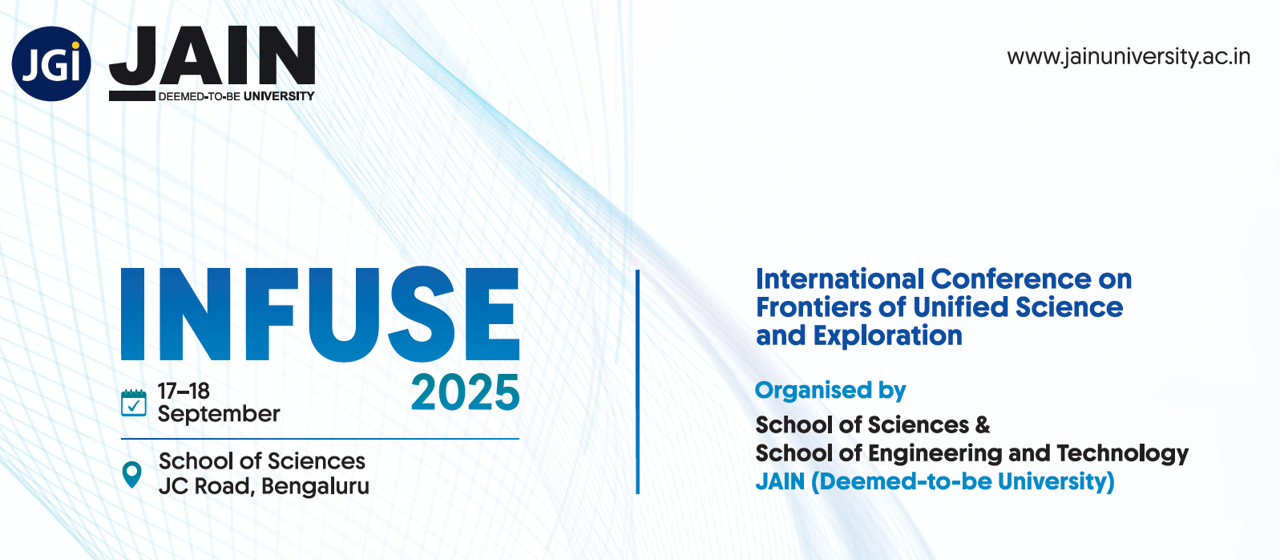Speaker
Description
Neurological disorders such as Alzheimer’s disease, Parkinson’s disease, dementia, and depression are rising worldwide and pose a major challenge for ageing populations. Scientific literature highlights that poor nutrition, micronutrient deficiencies, and unhealthy dietary habits play a central role in the onset and progression of these conditions. Deficits in vitamins B, D, omega-3 fatty acids, zinc, and magnesium impair neurotransmitter synthesis, mitochondrial function, and neuronal survival, while processed and high-sugar diets accelerate inflammation, oxidative stress, and cognitive decline. These risks extend across the life course—malnutrition in early childhood disrupts neurodevelopment, adolescents and adults face heightened vulnerability to mood disorders, and older adults experience accelerated brain ageing.
In this context, SDG 2 (Zero Hunger) directly aligns with the science of nutrition and neuroprotection. Ensuring adequate and balanced diets for children under five, adolescent girls, pregnant women, and the elderly is not only vital for reducing stunting and wasting but also for preventing neurological impairment and age-related cognitive disorders. Nutritional neuroscience demonstrates that diets rich in antioxidants, polyphenols, flavonoids, and healthy fats—sourced from whole grains, legumes, nuts, seeds, and fruits—enhance synaptic plasticity, regulate neuroinflammation, and increase brain-derived neurotrophic factor (BDNF), thereby protecting cognitive health.
Traditional Indian healing systems provide valuable models for implementing these goals. Ayurvedic practices emphasize food (Ahara), lifestyle (Vihara), and herbs such as Ashwagandha, Gotu Kola, Shankhpushpi, turmeric, and saffron, which have been validated for neuroprotective, memory-enhancing, and stress-regulating effects. Preparations like triphala, ghee, and fermented foods support the gut-brain axis, while yoga and meditation enhance cerebral blood flow, reduce cortisol, and strengthen resilience against neurodegeneration.
Preventive strategies must therefore adopt a life-cycle approach: providing micronutrient security in childhood to support brain development, promoting balanced diets and stress management in adulthood to lower the risk of mood and memory disorders, and ensuring integrative nutrition in old age to delay dementia and preserve functional independence. Based on extensive literature review, this paper aligns modern nutritional neuroscience with sustainable agriculture and traditional dietary knowledge that supports both SDG 2’s agenda and the global effort to break cycles of poverty and disease by promoting long-term cognitive health, productivity, and quality of life.
Keywords: Nutritional neuroscience, Ayurveda, SDG 2 Zero Hunger, Neuroprotection, Cognitive ageing

